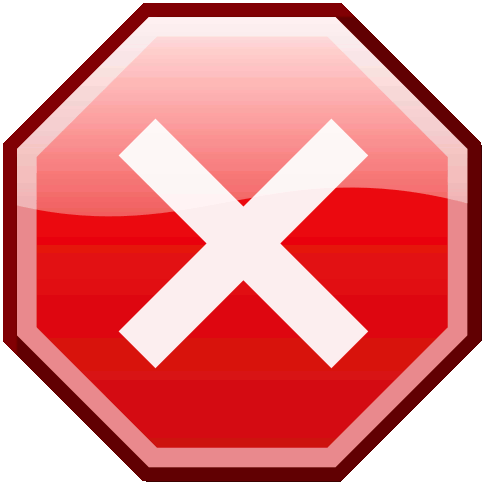
The American Psychological Association (APA, 2020), notes, to avoid plagiarism, be sure to provide credit to a source using the author-date citation system, whenever you:
What is Plagiarism?
 To represent oneself as the author of some work that is in fact the work of someone else is to plagiarize. Plagiarism may include the “passing off” of the form of the work—for example, the exact words of a piece of writing—or the intellectual content, or both.
To represent oneself as the author of some work that is in fact the work of someone else is to plagiarize. Plagiarism may include the “passing off” of the form of the work—for example, the exact words of a piece of writing—or the intellectual content, or both.
Plagiarism exists as a serious social problem within the halls of Western academia. Only exceptional circumstances bring plagiarism of someone outside of academia to public attention. Plagiarism is an ethical, not a legal, issue and it does not equate with the breaking of copyright or patents, though at times both may also involve plagiarism. The advent of the World Wide Web and vast electronic databases brought this issue to the fore within academic institutions, resulting in new methods of both plagiarism and detection. The global nature of the Web and the increase in transcultural education through the movement of students and scholars has increased awareness of a cultural dimension to plagiarism.
Pickering, J.(2008). Plagiarism. In Encyclopedia of social problems. Retrieved from http://search.credoreference.com/content/topic/plagiarism
Did you know Grammarly has a plagiarism checker?
You will need to use your WCU email and password to create your account.
If you experience any issues in creating your account, please email: askwculibrary@westcoastuniversity.edu
Did you know, Learning Express (LEX) has a quick plagiarism tutorial?
Need a LEX account? Get Started with LearningExpress.
Terms of Use | Privacy Policy | Legal Notice | Federal Disclosures | State Disclosures | Title IX | Accreditation
Student Consumer Information | BPPE Annual Report & Performance Fact Sheets | BPPE Website | Catalog | Careers With Us
West Coast University © 2025 All Rights Reserved